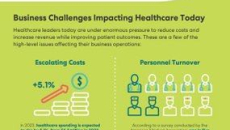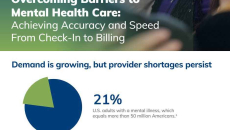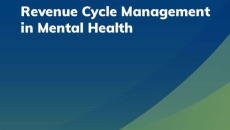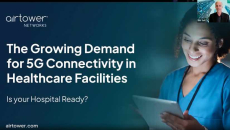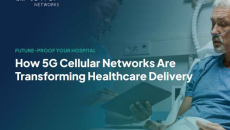White Papers
Healthcare organizations (HCOs) continue to face business challenges such as escalating costs, personnel turnover and the difficulty of querying and electronically receiving unstructured patient data.
Although Medicaid is the single largest payer for mental health services, states’ disenrollments and changes to Medicaid managed care programs complicate the billing and claims process further.
Reimbursement requirements for mental and behavioral health services have become more complex, leaving many providers struggling to balance the priority of the patient experience and financial stability.
If mental and behavioral health patients don’t present insurance information during intake, Medicare or Medicaid may be billed when a patient is actually covered under a managed care organization or Medicare Advantage plan.
Physician and nurse schedules often change due to shift swaps, vacations and PTO requests. And in a fast-paced healthcare environment, it’s difficult to keep up with these changes manually or to enter them across disparate systems, increasing the chance of payroll errors.
When manual documentation or other antiquated measures are used for provider on-call scheduling, staff time is wasted on frequent schedule revisions.
Every second wasted tracking down the right on-call provider can have serious consequences for patient outcomes.
Overburdened Wi-Fi networks may not be sufficient to meet these needs and cellular signals can vary in strength within a building, impacting patient care and experiences.
Resilient connectivity across your facility is necessary for healthcare organizations (HCOs) to support strategic technology initiatives like telemedicine, IoT devices, EHRs, imaging, and patient entertainment. However, many HCOs rely on WiFi and outdoor cellular towers, a legacy approach that often results in slow data speeds, frustrated patients and staff, and rising maintenance costs.
Healthcare organizations interact with massive amounts of data, from protected health information (PHI) to sensitive financial information. This data is at risk of exposure through human error, internal leaks, or attacks by hackers.
